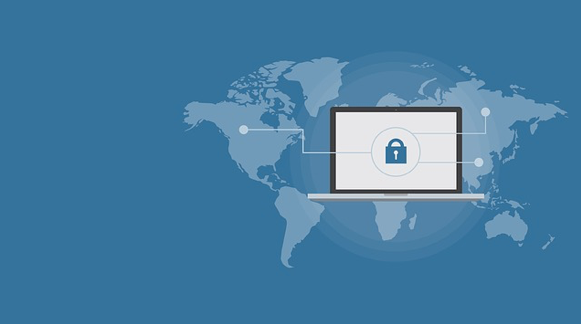
Everyone wants their home computer to be as secure as possible. Although this is often difficult to accomplish because many of us have no idea where to start. As far as getting advice is concerned, we often fail to know who to trust.
With that in mind, we’ve recently discovered some home computer security tips from one of the most trustworthy organizations in the US. Yes, the tips that we’re about to share with you come directly from the Department of Homeland Security in the United States. This information was distributed by their Computer Emergency Readiness Team.
1. Add and Configure a Firewall
For security purposes, it’s necessary to enable and then configure your firewall to attain maximum protection from outside influences. The beauty of enabling a firewall is that it can control the way information flows from your computer to the Internet and vice versa.
With today’s operating systems, just about every one of them will have a firewall already included on the computer. So in this case you only need to enable it and then configure it to meet your needs.
On the other hand, if your computer does not have a firewall for some reason, you should find one and immediately install it. Then configure it to your liking to keep your computer protected at the level that you desire.
According to Stackify, .NET IIS performance monitoring experts, enabling firewall security is the first step in protecting your computer from potential outside threats.
2. Use Anti-Spyware and Antivirus Software

Unfortunately, the Internet is notorious for passing spyware and viruses on to personal computers. For some reason, people seem to get a kick out of doing damage to other people’s computer systems. It really stinks when your computer is bogged down with spyware and running terribly because you’ve downloaded one or more viruses and your PC isn’t protected.
To prevent this from happening, you need to download top-of-the-line antivirus and antispyware software and install it immediately. As soon as you have this protection in place, it will catch any potential spyware and viruses trying to make their way onto your computer. With this protection at hand, you’ll never have to worry about your computer being violated to this degree again.
Remember to use the best antivirus and antispyware software on a daily basis. And remember to schedule updates so that your protection is completely up to date and capable of defending your computer against the latest threats.
3. Uninstall Unnecessary Programs
From time to time, it’s always a good idea to take a look at the different pieces of software installed on your computer. More often than not, you will discover software that never gets used. It’s taking up space for no reason, and it could pose a potential threat at some point in the future.
So take a look at a list of programs installed on your computer. See which programs you use regularly and obviously you’re going to leave them. But if there are programs on your system that you do not use, they needlessly take up space so uninstall them and avoid installing them again in the future.
4. Use a Secure Web Browser
Finally, it’s also important to use a secure web browser when browsing the Internet. Believe it or not, when a browser is installed on a PC or laptop prior to being purchased, the default security settings are not in place.
So take this critical step in securing your browser. This will improve the security of your computer and fight back against any potential web browser attacks.
Conclusion
Please use these four tips to secure your home computer and stay protected now and in the future.
